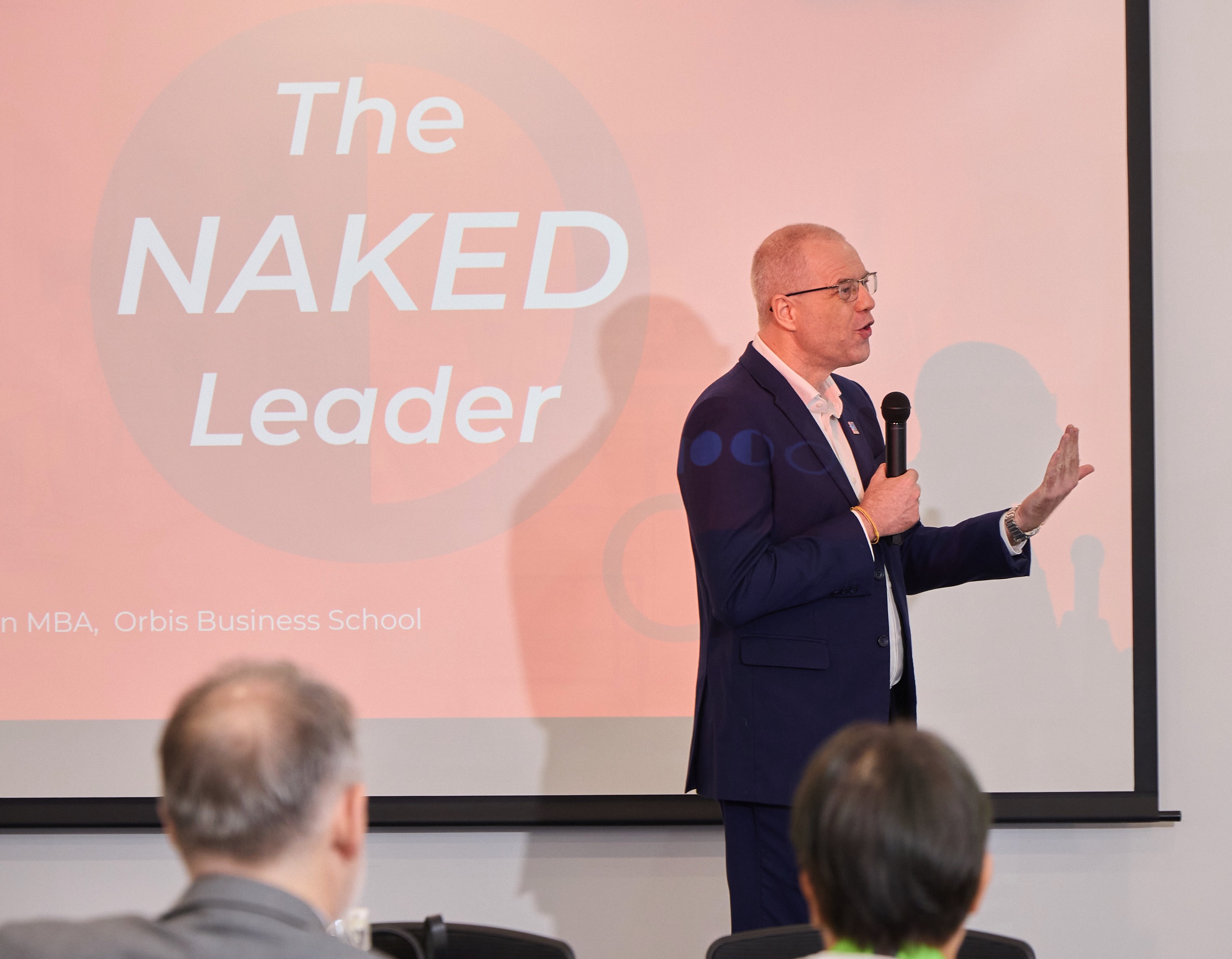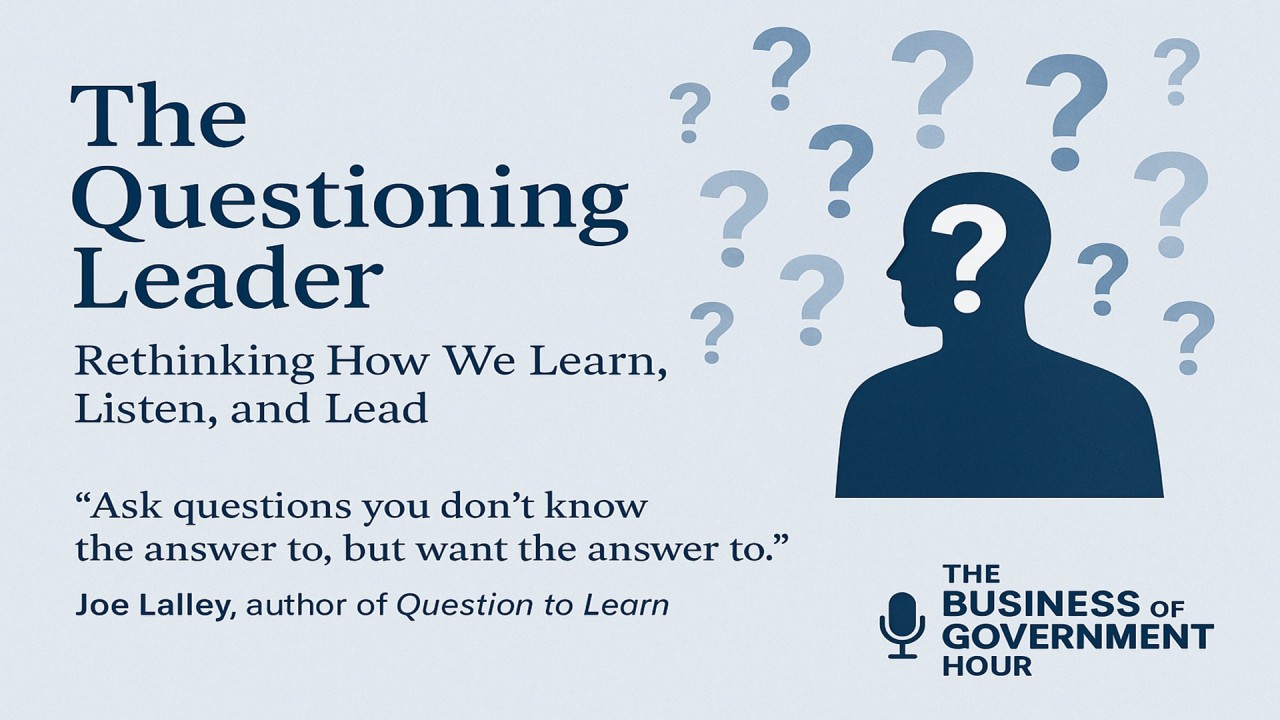Jan21

2022 is going to be a year of slower economic growth, and employee shortages will continue to be an issue, says Jackie Greene, vice president of Economics at ITR Economics.
Jackie's forecast is definitely one worth listening to. Her firm, ITR Economics, is widely known for having had a nearly perfect track record (94.7 percent ) of economic forecasting over the past three decades. Using data published in her firm's most recent report, Greene paints a detailed picture of what businesses can expect over the coming months.
In an interview with Geeks, Geezers & Googlization Show, she said 2022 will be very different from the "gangbuster year" we experienced in 2021 when easing Covid-19 related restrictions led to an "unsustainable" level of economic growth.
"We are going to see that level of growth tapering off, but it will still be growth through 22 and 23. Just a slowing rate of growth, which from some of the [perspective of the] companies we have talked to, it's been a kind of a sigh of relief when we tell them that because they are struggling to keep up with this high level of demand," she said.
In 2021, economic growth spiked to more than 5% following a year of near-stagnation in 2020 due to the pandemic's disruptive effects. But the long-term trend is much more subdued, with average annual growth of 2.8% in 2022 and 1.6% in 2023, according to ITR Economics.
You can listen to Greene's full interview below:
Greene expects labor shortages will continue in 2022 and employee turnover rates, which have been on the rise in recent months as large numbers of people have been quitting their jobs, looking for more flexible and higher-paying opportunities.
"That problem is not going away," she said, "That problem was before Covid. It's not new. It just intensified."
Greene's views align with those of other leading industry experts, including Evan Sohn, chairman and CEO of Recruiter.com. On a different episode of the Geeks, Geezers & Googlization Show published on December 22, 2021, Sohn said there are currently at least 11 million open jobs in the United States.
"The last thing we need is more jobs," he said, "That's not the problem right now. We got to get people back to work for a variety of reasons."
Sohn attributed part of the problem to the so-called "job hopper economy." The term refers to the trend where people change jobs frequently, which has been happening at an unprecedented level in recent months.
Citing recent surveys showing that 60% of millennials have no problem leaving their jobs within six months, he said companies will struggle to find qualified candidates for their open positions.
"Part of why there is a job hopper world now is that I can as an employee work from anywhere. I can find a company that will let me work from anywhere with the skills that I want," he said,
"Think about all the jobs that you didn't even pursue because they were geographically undesirable. It's just not going to happen anymore."
Sohn referred to a report his company recently published, predicting six significant trends in the 2022 job market. In addition to the labor shortage, the other five include:
Listen the full interview with Evan Sohn below:
David Ulrich, author, and co-author of more than 30 books on human resources (HR), told the Geeks, Geezers & Googlization Show's last 2021 episode that the time had come to "reinvent" HR.
"HR is not about HR," he said, explaining how the traditional understanding of HR as a department that manages the hiring and firing of employees is no longer relevant in today's economy. "HR is about helping your organization compete and succeed in the marketplace."
When it comes to remote or hybrid work, Ulrich said it should not change the structure or responsibilities of HR.
"Where we work and how we work to me doesn't matter very much," he said. "Why are you working? To create value for a customer outside the company. How are you working? I don't care if it's through technology or how it is. What are you doing to create value for a customer and an investor in a community outside?."
Ulrich hopes that 2022 will be the year when HR becomes a strategic component "sitting at the table" with marketing, finance, and operations to create a competitive advantage for the company.
"I find some HR people saying it's all about people," he said, "Unless the employee wellbeing leads to a customer experience that creates value for the customer, there is no workplace."
To achieve that goal, he said, companies must "empower" employees to be creative and entrepreneurial, focusing on the customer and not worrying about job security.
"The ultimate accountability in an organization is not just the business leaders or the HR leaders. It's the employee," he said. "How do we help empower employees? One of my tests of a leader is a simple one: does the employee leave the interaction with the leader feeling better or worse about him or herself?"
Listen to the Dave Ulrich interview below:
By Ira Wolfe
Keywords: Business Strategy, Future of Work, HR
 Who Are You Under Pressure - And Is That the Real You?
Who Are You Under Pressure - And Is That the Real You? LinkedIn Voice for Sales
LinkedIn Voice for Sales Succession Planning is Hard because it’s Identity, Structure, and Systems All at Once
Succession Planning is Hard because it’s Identity, Structure, and Systems All at Once The Corix Partners Friday Reading List - February 13, 2026
The Corix Partners Friday Reading List - February 13, 2026 The Questioning Leader: Rethinking How We Learn, Listen, and Lead
The Questioning Leader: Rethinking How We Learn, Listen, and Lead